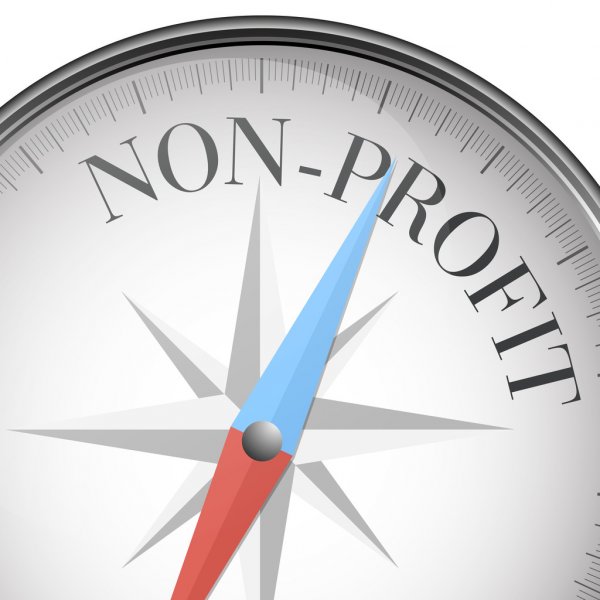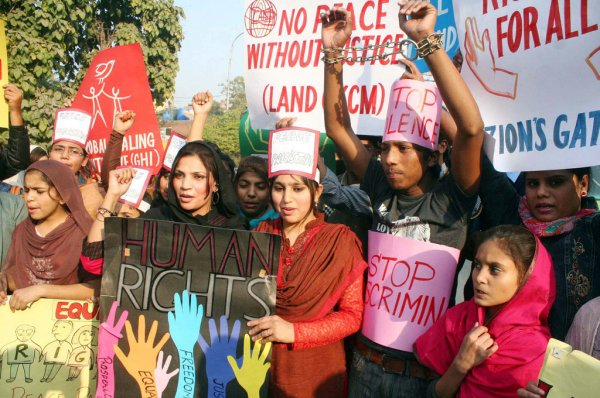 In the words of Thomas Friedman, this world is flat. So, does Friedman belong to the flat earth society? What Friedman wants us to know is that the contemporary world is interconnected and increasingly interdependent; i.e., what happens in one part of the world influences the rest of it. Events like the fall of the Berlin Wall, the invention of the internet, outsourcing, insourcing are one of the few flatteners that have made this world flat. While Friedman envisaged ten flatteners; nonetheless, norms of sharing information transparently and publicly serves as the eleventh flattener that makes this world a one big entity. Today the world is aiming for ideas like the Global Administrative Law, in which proponents of this law advocate that international regulatory institutions should encompass trans-governmental regulations.
In the words of Thomas Friedman, this world is flat. So, does Friedman belong to the flat earth society? What Friedman wants us to know is that the contemporary world is interconnected and increasingly interdependent; i.e., what happens in one part of the world influences the rest of it. Events like the fall of the Berlin Wall, the invention of the internet, outsourcing, insourcing are one of the few flatteners that have made this world flat. While Friedman envisaged ten flatteners; nonetheless, norms of sharing information transparently and publicly serves as the eleventh flattener that makes this world a one big entity. Today the world is aiming for ideas like the Global Administrative Law, in which proponents of this law advocate that international regulatory institutions should encompass trans-governmental regulations.

From the above debate, we can relate to the importance of publicly accessible portals of information, pertinent to all segments of society. Let us qualify for this discussion on the focus of the non-governmental organizations working in Pakistan. Different watchdogs keep a close look at the activities of the Non-Government Organizations (NGOs)/ International Non-Government Organizations (INGOs) across the world. A few such watchdogs are, “The Guide Star”, “The Charity Navigator”, “The Charity Watch”, “Give Well”, “Charity Portal”, and “Change Path”. It is a pleasant fact that in a country like Afghanistan which is marred by decades of war, underdevelopment, and the perception of corruption, there exists a regulatory body monitoring the nonprofit sector in the country. The Ministry of Economy of Afghanistan is a focal entity for registration of NGOs/INGOs; it maintains a publicly retrievable data pertaining to the NGOs/INGOs working in Afghanistan. In the website of this entity, visitors can search for NGO/INGO by name, place of registration, or registration number. Unfortunately, in Pakistan there does not exist any watchdog organization that holistically monitors the activities and information disclosure practices of the nonprofit organizations in Pakistan. There is an issue of different and equivocal laws relevant to the nonprofit sector of Pakistan– this is one reason the country was put on a Grey List by the Financial Action Task Force (FATF). Government of Pakistan is waking up to the challenge of monitoring the nonprofit sector; it has promulgated a uniform synchronized policy for registration and regularization of the nonprofit sector to meet the requirements of the FATF. In this regard, the government aims to introduce a new law by taking in confidence all four provinces and other stakeholders. 
There exists sufficient room for research about the nonprofit sector in Pakistan. Independent entities can engage with the Government of Pakistan to offer complementary solutions that improve the public image of the nonprofit sector. While it is nearly impossible for the public to physically visit every NGO/INGO, it is convenient to explore the website of the relevant NGO/INGO. So, what is the benefit of using the internet to curate the information shared by any NGO/INGO on its website? The answer is simple– before seeking support, or offering support (through donations, gifts, or volunteering) to any such organization, the general public can derive an idea about the genuineness of the organization. However, it shall be irrational to assume that a general stakeholder shall have an idea about what are the key traits that the website of an efficient NGO/INGO may possess. It is the responsibility of independent researchers to offer their input in terms of regular evaluation of the websites of NGOs/INGOs. There exists evidence that researchers are awake to this paramount challenge of analyzing the online disclosure practices of the nonprofits working in Pakistan. I designed an index to evaluate the quality of information shared by the NGOs/INGOs through their websites. The index design has invited international interest as it has been published by a top-notch research journal in USA. The journal article is titled “A new disclosure index for Non-Governmental Organizations” and is published by PLOS ONE. The link to the publication is https://bit.ly/34bJ7em
The proposed NGO Disclosure Index (NDI) contains indicators on three different dimensions: Content, Communication, and Usability. There are 32 criteria of Content, 3 criteria of Communication, and 11 criteria of Usability. Some of the criteria of Content are the availability of the annual report, physical address information, the law under which registered, registration number & registering body, donations link, information on past projects, data on currently open/recently filled vacancies in the organization, media presence, employee directory, and audited financial statements. Some of the criteria of usability are external links to other organizations, clickable links, search tab, and contents in more than one language. The three criteria of Communication are the presence of blogs, links to social networking sites, and employees’/beneficiaries’ surveys.
We sampled 199 nonprofit organizations working in Pakistan; NDI scores were calculated for the 36 international nonprofits, and 163 local ones. NDI scores reflected the fact that INGOs score higher as compared to local Social Sector Organizations (SSOs). In the Content dimension, attention is required for “Privacy Policy”, and “NGO Bylaws” as the percentage of nonprofits sharing these criteria were 12.1 and 12.6 percent, respectively. None of the sampled non-profits shared data on the “Board of Directors Minutes”. In the usability dimension, attention is required for “External Links to Local Organizations”, and “Site Map”, and “Site in More than One Language”; the percentage of nonprofits sharing these criteria was only 18.6, 10.1, and 26.1, respectively. In the Communication dimension, attention is required for “Employee or Beneficiary Survey”; roughly, only 12% of organizations shared this information on their websites.
The NDI is a preliminary compliance kit for the nonprofits. NGOs/INGOs can win public trust if they share information encompassed in the NDI. Compliance according to the NDI can improve the chances of international donations as donors like to have an idea about the quality of an NGO/INGO before supporting it. Annual NDI scores should be published– the Pakistan Centre for Philanthropy can use the NDI scores as one criterion of nonprofit certification. It must be noted that NDI is just one step in the right direction; other researchers can offer innovative solutions, such as embedding Artificial Intelligence with NDI to a partial or fully automated evaluation of the websites.
The author is an Assistant Professor at the NUST School of Social Sciences and Humanities, She can be reached at Ayesha.nazuk@s3h.nust.edu.pk. 

